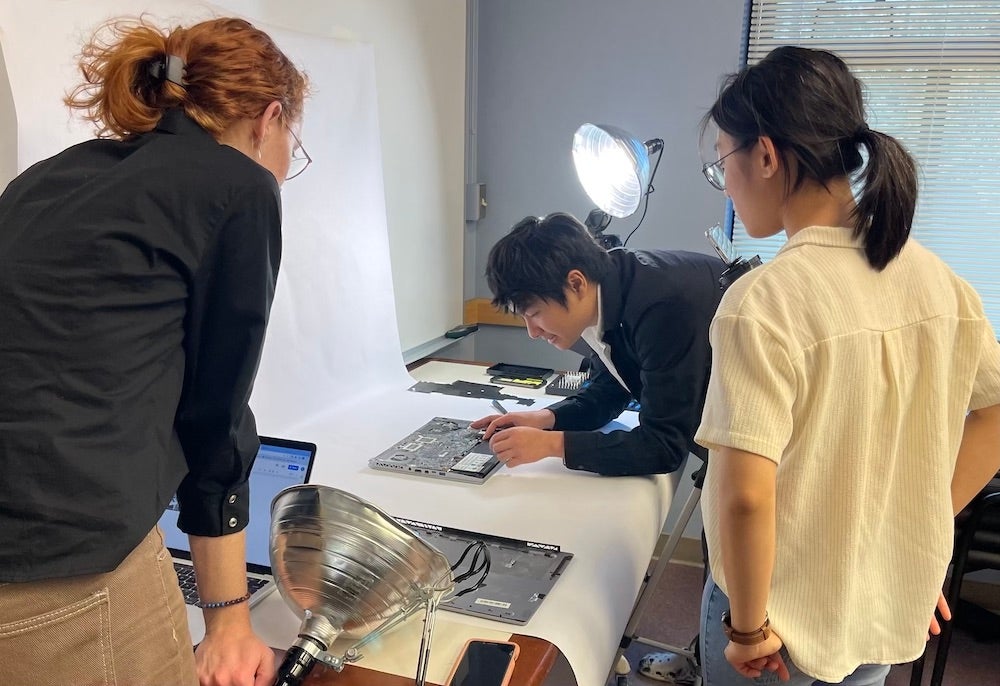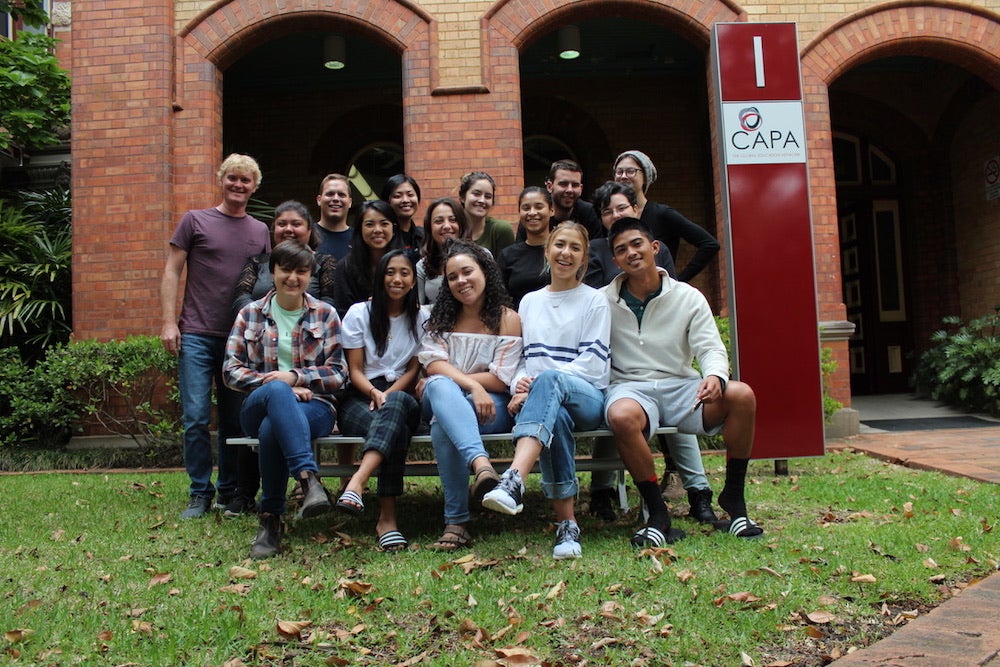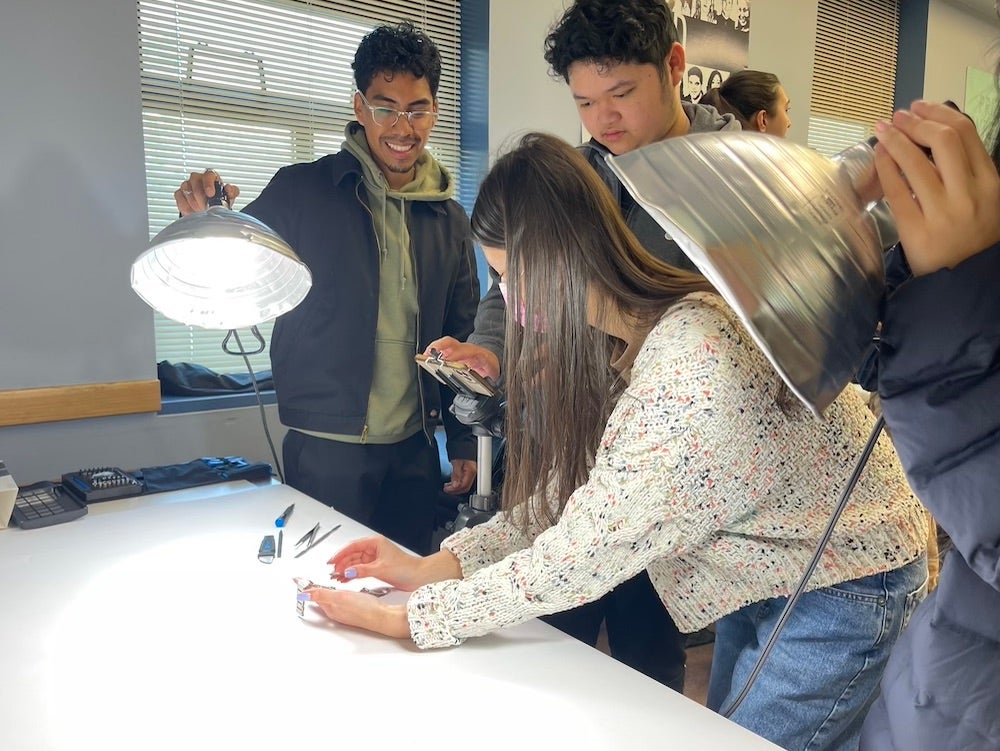If you’ve ever scrolled through the list of UC Davis minors and made it to the very bottom, you may have come across the professional writing minor. It doesn’t matter if you stopped to read the description. This blog provides something that the description does not. This is a collection of honest experiences from current students and alumni ranging from STEM to liberal arts backgrounds.
No matter what field you go into, there will always be a need for writing and literacy. Just because we have been learning how to write since our first day of preschool doesn’t mean we’re experts in it. Writing is more than just the foundation of novels. Science journalists, sportscasters and every single person who will need to write a professional email at some point in their life (that’s you) needs to know how to write effectively.
UC Davis’ professional writing minor is customizable

One of my favorite aspects of the professional writing minor? You get to choose from a broad range of courses. Specializations include academic writing, writing in the professions, and theory, history and design. This is an incredible opportunity to build your academic plan around courses that interest you or complement your major. I chose to take courses that align with my interest in a communication career, such as:
- University Writing Program (UWP) 112: Introduction to Professional Editing: One of the most interesting courses I’ve taken. We learned how to edit writing for consistency and accuracy.
- UWP 104A: Writing in the Professions: Business Writing: The first class I took at UC Davis that taught me marketable business skills. We learned how to effectively write business reports, resumes, cover letters and memorandums.
- UWP 110: Specialized Genres in Professional Writing: Designing the User Experience: My favorite UWP course. Students worked on a quarter-long group project where we pitched, built and presented a prototype of a mobile phone application.
Lilly Ackerman is a fourth-year evolution, ecology and biodiversity major. She's also minoring in professional writing. Her favorite minor courses were UWP 102B: Writing in the Disciples: Biology and UWP 104E: Writing in the Professions: Science. They combined her passions for science and writing. She shares, “I’m glad that they have courses that relate to specific disciplines. It allows you to see if it’s something that you like and how you can apply writing to something that matters to you.”
Writing skills make you stand out in a STEM world

While professional writing is typically associated with the arts, it can be a crucial skill to have in STEM fields. Writing in plain language helps to make complex topics more easily digestible. The skills to effectively communicate are always in demand. These skills can make you stand out in the STEM field among those who may not be as comfortable with writing.
The amount of writing careers in scientific disciplines may surprise you. “I didn't realize that there were so many types of science writing and various ways to make it my career,” says Sofie Bates ‘18 in an Alumni Spotlight. Bates was introduced to science writing after taking UWP111C: Specialized Topics in Journalism: Science Journalism. The minor provided her opportunities that has led to her current title as Senior Science Writer at NASA Goddard Space Flight Center. “All of that never would have happened without the professional writing minor and the wonderful mentors I met from it.”
Professional writing allows you to express your creativity

I declared the professional writing minor for two reasons. The first was because the communication major has a relatively small amount of units and pairing it with another major or minor is common. The second was because I wanted to strengthen my skills in professional writing and similar disciplines.
Along the way, a third motive arose: it allowed me to be creative. My major classes were filled with lengthy terms and theories. My minor courses had me building apps, editing documents for a client and writing this very blog. Brynton Lemar ‘17 was also inspired to express his creativity through the minor. He’s now a professional basketball player for Le Mans Sarthe Basket in France. Lemar still uses the skills the professional writing minor provided when creating content for his podcast. In an Alumni Spotlight, he shares, “Being an athlete, I’m seen as just a ball player or someone good at sports. Writing gives me a chance to show everyone I have different depths to myself. It helped me show everyone the real me.”
Gain job experience through required writing internships

While you can choose the 16 units of minor classes you take, all minor candidates must complete 4 units of an internship. Students must find an internship in a professional setting. Then, they log the hours spent working on writing-related assignments. “I actually think the minor was a really good incentive for me to take the plunge and write for The Aggie,” says Lilly Ackerman. “I had never really had journalism experience before, but knowing that it would count towards my minor and contribute to my learning, I just felt that I had to do it.”
You can also spread your units out over multiple quarters. Katie Rodger, Internship Coordinator for the minor, shares, “I’ve worked with a lot of students on deliberately looking to do more than one internship for that requirement so that they’re ultimately not padding but rather packing their resume with lots of different experiences.” Many students have made connections and gotten job offers after their internship.
The professional writing minor has by far been the best part of my academic journey. Not only have I grown, I have had fun along the way. Whether you’re in STEM or liberal arts, we all have to use our writing brains. Use the professional writing minor to discover the types of writing you are not only talented in, but also passionate about.
